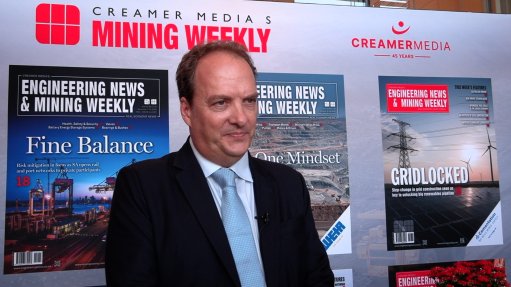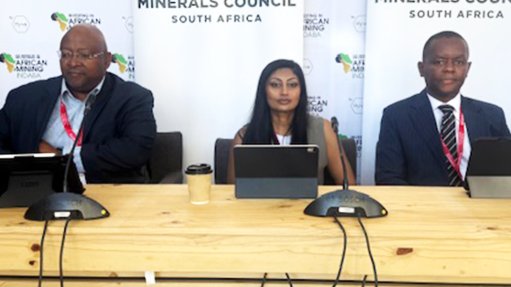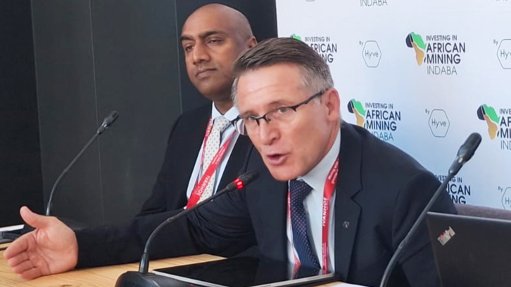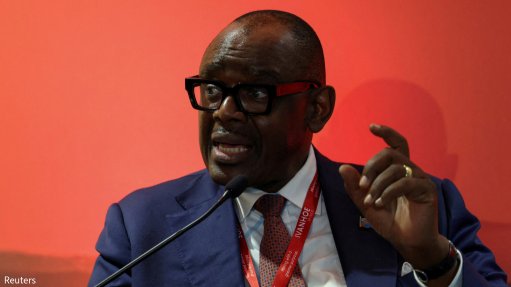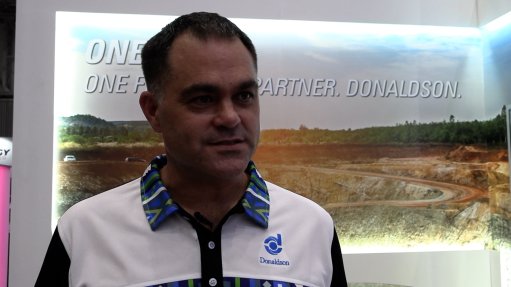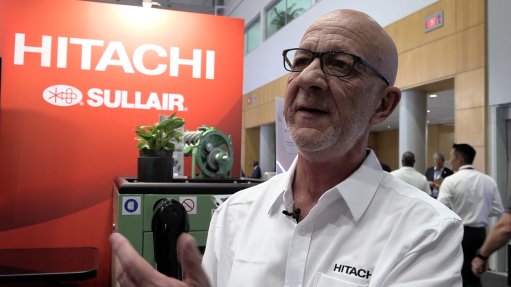Platform helps municipalities manage decentralised energy sources

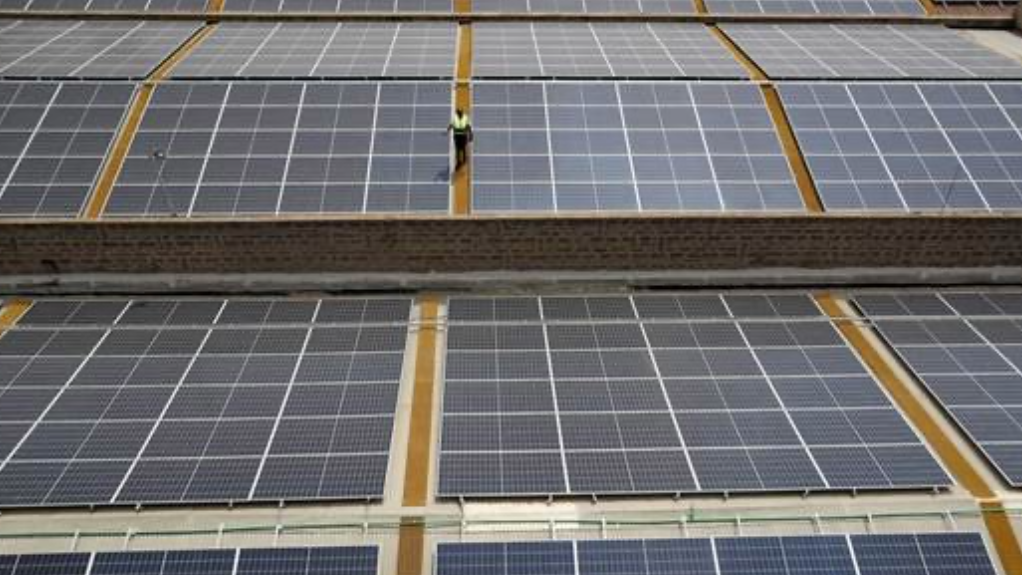
DECENTRALISED ENERGY MANAGEMENT UTCS says that it is important for municipalities ought to opt for an efficient decentralised power management system, as this will ensure optimal power usage, storage and sale
As South African municipalities embrace decentralised energy sources to strengthen grid resilience and cut costs, many are discovering that managing small-scale generators is far more complex than the traditional single-supplier model, says electricity consulting company Utility Consulting Solutions (UTCS).
The shift to decentralised generation – in the form of rooftop solar, other alternative small-scale embedded generators and battery storage – is transforming how municipalities secure their energy. Yet the range of sources has created “unprecedented management” demands that existing municipal systems were never designed to handle.
In the past, municipalities had straightforward agreements with major suppliers such as State-owned power utility Eskom, managing a few large contracts through predictable schedules. Now, they are coordinating hundreds of smaller sources, each with its own generation patterns, maintenance needs and operational quirks, notes UTCS.
“We’re seeing municipalities move from managing one or two major electricity contracts to overseeing hundreds of small-scale sources. It’s like the difference between managing a single corporate bank account and being responsible for hundreds of individual ones. The administrative and technical load is enormous,” says UTCS CEO Christo Nicholls.
Consequently, UTCS has introduced an integrated platform that consolidates diverse energy sources into one unified, automated management system.
He notes that while decentralised generation brings potential new income from feed-in tariffs, wheeling and energy trading, unlocking this revenue requires sophisticated analytics to decide when to generate, store or sell – capabilities that are beyond most traditional and conventional municipal resources.
UTCS’s comprehensive platform resolves this by aggregating all sources, whatever their type or location, into a single dashboard providing full visibility and automated optimisation.
The system constantly monitors performance, flags maintenance needs, spots anomalies and identifies improvement opportunities while advanced algorithms sort through and interpret technical, legislative and contractual critical data to help operators make thousands of daily trading optimisation decisions.
Through the UTCS platform, municipal teams gain real-time monitoring, predictive maintenance alerts and live optimisation guidance, and can let the platform execute trading decisions automatically. This removes the need for endless spreadsheets and manual coordination.
“Our platform removes the administrative nightmare. Instead of firefighting across dozens of systems, municipal teams get one dashboard that maximises the value of every solar panel, alternative small-scale energy generator and/or battery energy storage system that they manage. It is like having an expert energy trading team on duty around the clock.”
The platform scales from towns with a handful of rooftop arrays to cities managing extensive distributed networks, integrating with existing infrastructure and adding advanced portfolio management capabilities.
UTCS states that its proven approach builds on its years of deep understanding of the complexity and convoluted nature of municipal electricity trading, while maintaining “perfect” compliance with regulatory requirements, including the National Energy Regulator of South Africa licensing obligations, and the Municipal Finance Management Act procurement framework. The platform has already coordinated more than 1.5-million units of traded electricity across varied sources and jurisdictions.
“Decentralised energy is the future of municipal power – but only if it’s managed well. Our platform ensures municipalities can harness every benefit of distributed generation without drowning in operational complexity,” concludes Nicholls.
Article Enquiry
Email Article
Save Article
Feedback
To advertise email advertising@creamermedia.co.za or click here
Press Office
Announcements
What's On
Subscribe to improve your user experience...
Option 1 (equivalent of R125 a month):
Receive a weekly copy of Creamer Media's Engineering News & Mining Weekly magazine
(print copy for those in South Africa and e-magazine for those outside of South Africa)
Receive daily email newsletters
Access to full search results
Access archive of magazine back copies
Access to Projects in Progress
Access to ONE Research Report of your choice in PDF format
Option 2 (equivalent of R375 a month):
All benefits from Option 1
PLUS
Access to Creamer Media's Research Channel Africa for ALL Research Reports, in PDF format, on various industrial and mining sectors
including Electricity; Water; Energy Transition; Hydrogen; Roads, Rail and Ports; Coal; Gold; Platinum; Battery Metals; etc.
Already a subscriber?
Forgotten your password?
Receive weekly copy of Creamer Media's Engineering News & Mining Weekly magazine (print copy for those in South Africa and e-magazine for those outside of South Africa)
➕
Recieve daily email newsletters
➕
Access to full search results
➕
Access archive of magazine back copies
➕
Access to Projects in Progress
➕
Access to ONE Research Report of your choice in PDF format
RESEARCH CHANNEL AFRICA
R4500 (equivalent of R375 a month)
SUBSCRIBEAll benefits from Option 1
➕
Access to Creamer Media's Research Channel Africa for ALL Research Reports on various industrial and mining sectors, in PDF format, including on:
Electricity
➕
Water
➕
Energy Transition
➕
Hydrogen
➕
Roads, Rail and Ports
➕
Coal
➕
Gold
➕
Platinum
➕
Battery Metals
➕
etc.
Receive all benefits from Option 1 or Option 2 delivered to numerous people at your company
➕
Multiple User names and Passwords for simultaneous log-ins
➕
Intranet integration access to all in your organisation









